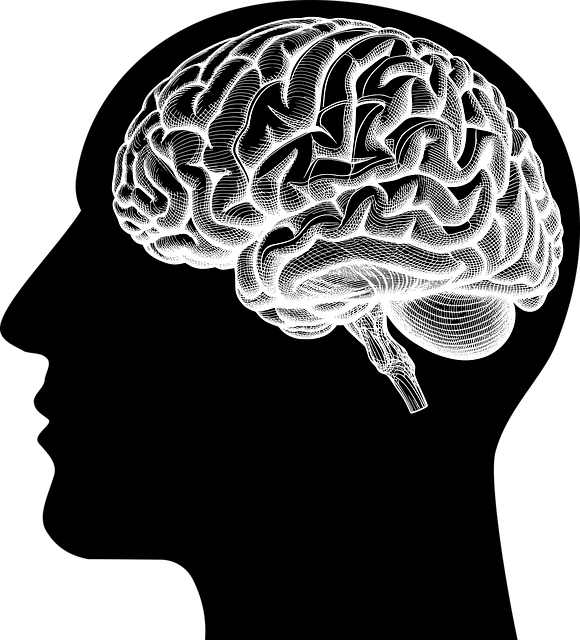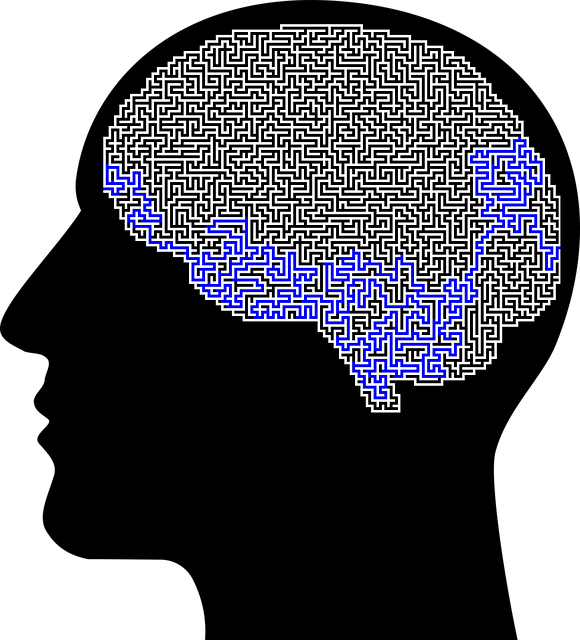In recent years, recognizing the unique mental health challenges in polyamorous and open relationships has gained importance. These relationships require specialized therapy addressing complex trust, communication, and emotional boundary issues. Cultural sensitivity in mental healthcare is vital for supporting diverse backgrounds. Self-assessment tools tailored to these experiences help identify and address specific wellness concerns like jealousy and insecurity, demystifying mental health evaluations. Therapists must design inclusive sessions encouraging open dialogue, honest expression, and healthy conflict resolution, incorporating education specific to non-monogamous populations. Customized self-care practices through personalized therapy enhance mood management and overall well-being for individuals navigating these unique relationships.
Mental wellness self-assessment tools are transforming the way we address unique challenges within polyamorous and open relationships. This article explores the evolving landscape of mental health support for these non-monogamous communities, focusing on the development of tailored assessment tools. We delve into understanding distinct needs, leveraging self-assessment to identify and mitigate issues, designing targeted therapy, and fostering resilience through personalized care specifically for adults in polyamorous and open relationships.
- Understanding the Unique Mental Health Needs of Polyamorous and Open Relationships
- The Role of Self-Assessment Tools in Identifying and Addressing Issues
- Designing Effective Therapy for Adults in Non-Monogamous Relationships
- Promoting Self-Care and Resilience through Customized Assessment Tools
Understanding the Unique Mental Health Needs of Polyamorous and Open Relationships

In recent years, there has been a growing recognition of the unique mental health challenges faced by individuals in polyamorous and open relationships. Unlike traditional monogamous setups, these relationships often navigate complex dynamics of trust, communication, and emotional boundaries. This calls for specialized therapy for adults polyamorous and open relationships that address their distinct needs. Mental wellness self-assessment tools must consider factors such as jealousy, insecurity, and the impact of societal stigma to effectively support individuals in these relationships.
Cultural sensitivity in mental healthcare practice is paramount when treating clients from diverse backgrounds, including those in non-monogamous relationships. Inner strength development and stress reduction methods tailored to their experiences can play a significant role in fostering resilience and well-being. By incorporating these strategies into therapy sessions, mental health professionals can create safe spaces for individuals to explore and navigate the complexities of their relationships, ultimately enhancing their overall mental wellness.
The Role of Self-Assessment Tools in Identifying and Addressing Issues

Self-assessment tools play a pivotal role in identifying mental wellness issues within diverse populations, including those in polyamorous and open relationships. These tools democratize access to mental health evaluations, making it easier for individuals to recognize potential problems they might otherwise overlook. By encouraging self-reflection, these assessments can help people gain valuable insights into their emotional well-being. This is particularly crucial for adults in polyamorous relationships, who may face unique challenges related to trust, communication, and boundary-setting, all of which significantly impact mental health.
Furthermore, self-assessment tools can guide individuals towards appropriate therapy types, such as those tailored for the complexities of polyamorous and open relationships. This proactive approach to emotional healing processes is essential in managing stress and promoting resilience. As public awareness campaigns development continues to normalize discussions around mental wellness, these tools will become even more valuable in reaching a broader audience and fostering an environment where seeking support is encouraged and accessible.
Designing Effective Therapy for Adults in Non-Monogamous Relationships

In designing effective therapy for adults in polyamorous and open relationships, therapists must recognize the unique challenges and dynamics inherent in non-monogamous arrangements. Unlike traditional monogamous partnerships, these relationships often navigate complex communication, trust, and intimacy issues. Therapy should focus on fostering open dialogue, encouraging honest expression of desires and boundaries, and promoting healthy conflict resolution strategies. Incorporating aspects of mental health education programs designed for these specific populations can be beneficial, teaching individuals how to cultivate positive thinking and strengthen their emotional connections within the context of their relationships.
Mental wellness coaching programs tailored for adults in polyamorous and open relationships should aim to create a safe space where participants feel empowered to explore their individual and collective needs. By addressing the specific mental health concerns that arise from non-monogamy, therapists can help individuals develop adaptive coping mechanisms and enhance their overall well-being. This approach not only benefits the individuals in these relationships but also contributes to the growth of a supportive community that promotes positive thinking and resilience among its members.
Promoting Self-Care and Resilience through Customized Assessment Tools

In today’s world, mental wellness is a cornerstone of overall health and well-being, especially within diverse relationships like polyamorous and open ones. Customized self-assessment tools play a pivotal role in promoting self-care and resilience among individuals navigating these unique dynamics. These tailored assessments go beyond generic questionnaires by considering the specific emotional healing processes and challenges associated with therapy for adults in polyamorous and open relationships.
By incorporating these insights, mental health professionals can conduct thorough risk assessments, enabling them to design targeted interventions. This personalized approach facilitates better mood management and fosters a supportive environment, enhancing the overall effectiveness of therapy. Such tools empower individuals to take charge of their mental wellness, encouraging proactive self-care practices that are crucial for navigating complex emotional landscapes in polyamorous and open relationships.
The development of mental wellness self-assessment tools tailored for individuals in polyamorous and open relationships is a significant step towards addressing their unique mental health needs. By utilizing these tools, we can facilitate early identification of issues and promote customized therapy solutions, such as those designed specifically for adults in non-monogamous relationships. Ultimately, this approach fosters resilience and self-care, ensuring that folks navigating these complex dynamics receive the support they need to thrive.













